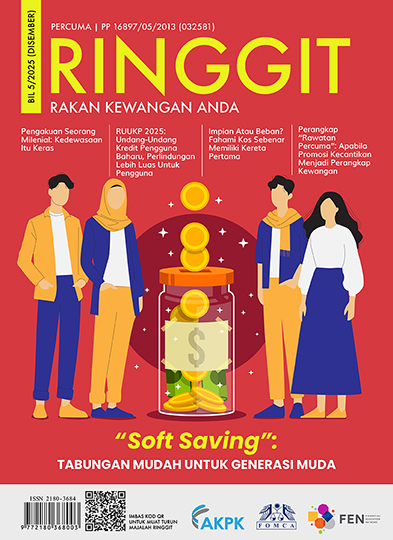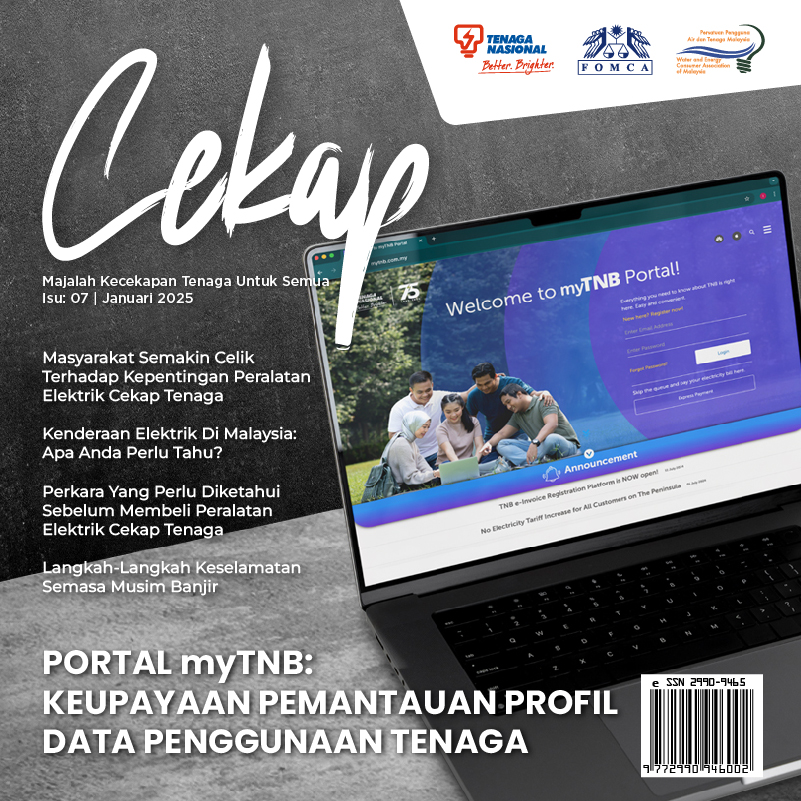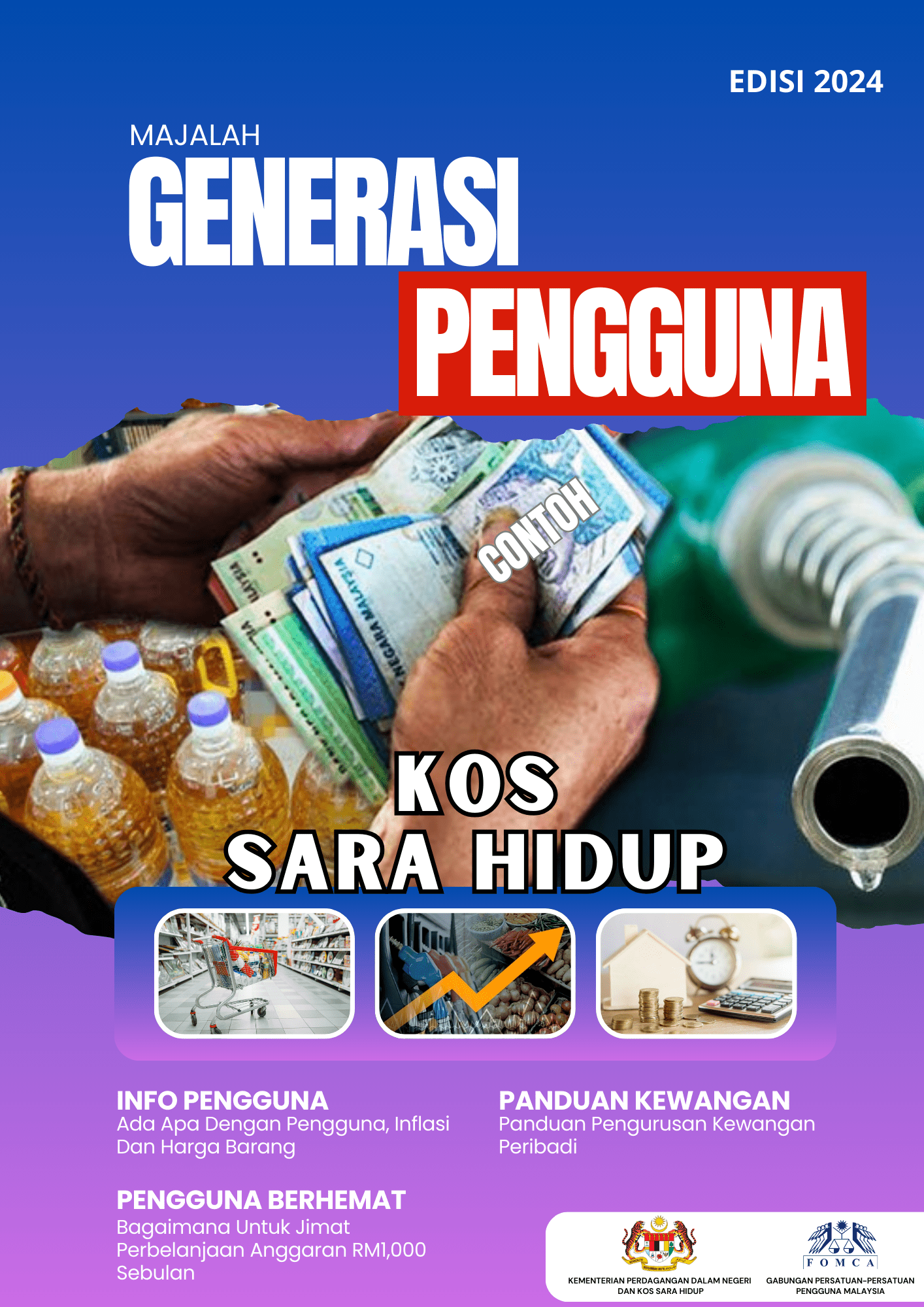 KUALA LUMPUR: The Federation of Malaysian Consumers Associations (Fomca) has welcomed the government's plan to launch the Cooking Oil Price Stabilisation Scheme (eCOSS) pilot project to regulate the sale of subsidised cooking oil at the retail level.
KUALA LUMPUR: The Federation of Malaysian Consumers Associations (Fomca) has welcomed the government's plan to launch the Cooking Oil Price Stabilisation Scheme (eCOSS) pilot project to regulate the sale of subsidised cooking oil at the retail level.
Its chief executive officer T. Saravanan said a targeted digital system like eCOSS would help minimise leakages and subsidy abuse by tracking distribution patterns.
"Subsidies are a safety net for vulnerable groups, especially the B40. Digitising and monitoring the distribution system will strengthen this safety net," he said.
Saravanan added that a targeted system ensures public funds are used efficiently and fairly, with stronger accountability.
However, he cautioned that the QR code scanning requirement for purchases could pose challenges for certain groups, including the elderly, rural communities, and low-income earners who may not own smartphones or be digitally literate.
He suggested providing alternative access options, such as MyKad-based verification, manual registration, or retailer-assisted scanning.
"Clear public awareness campaigns and on-ground support are essential to avoid confusion or unintentional exclusion of eligible consumers," he said.
Yesterday, Deputy Domestic Trade and Cost of Living Minister Fuziah Salleh announced that the eCOSS pilot project will be implemented this year to regulate the sale of subsidised cooking oil.
The electronic system will track the distribution of packet cooking oil from packaging companies to wholesalers and retailers, ensuring it reaches the intended target groups.
Consumers may be required to scan a QR code or use another method to prevent foreigners from purchasing the product.
Meanwhile, Bumiputera Retailers Association president Datuk Ameer Ali Mydin told the ministry to engage with stakeholders to clarify the system's implementation, saying many uncertainties remain.
"Retailers currently don't know how the system will work, which makes implementation difficult.
"At the end of the day, we're the ones facing the customers. If we get clarification, we can understand the situation better. If the system helps curb leakages, it's good for the country, and we support it," he said.




